SUMMARY
This is AI generated summarization, which may have errors. For context, always refer to the full article.
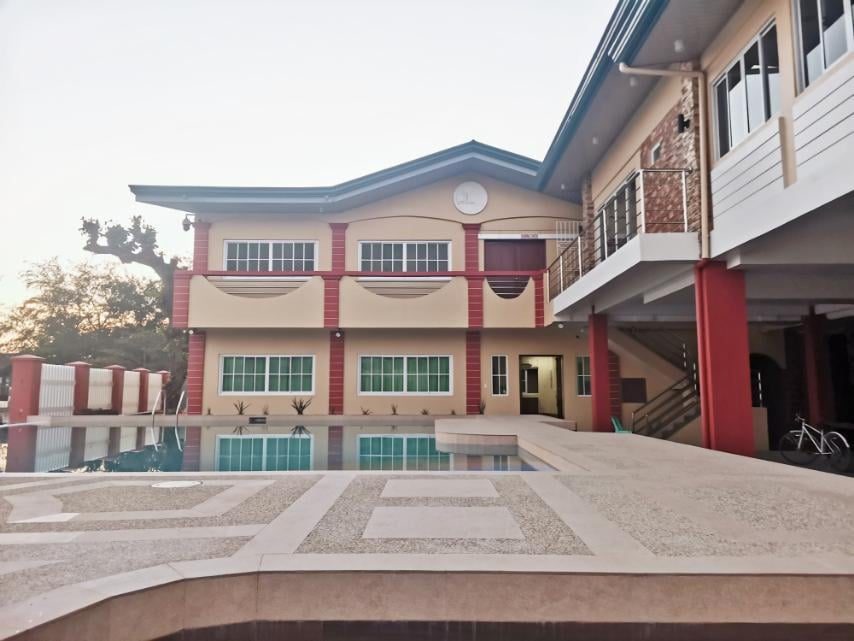
State auditors flagged the “unnecessary” construction of an infinity pool at the Philippine Ports Authority’s (PPA) training compound in San Fernando, La Union.
In its 2020 annual audit report, the Commission on Audit said that the PPA spent P6.58 million on an infinity pool and a “jacuzzi.” Including the amenities, PPA also built the following for a total of P10.84 million:
- Guest rooms – P3.43 million
- Pergola – P400,432.15
- Decorative rockwall – P419,912.75.
COA noted that the budget used for this project was “realigned from a supposed new port development project” in Camarines Sur.
The government auditors cited Circular No. 2012-003 which defines “unnecessary” expenditures as one that “are not supportive of the implementation of the objectives and mission of the agency, relative to the nature of its operation.”
The training compound in PPA, COA said, for several years, has been offered to other government agencies and to the public for a fee.
“Despite the adequacy of the facilities and amenities, management (PPA) still pursued the construction of new structures without any supporting feasibility study, and seemingly, without regard for value-for-money,” said COA.
State auditors said that the PPA’s spending for such amenities intended to generate more income from rental “are appropriate for tourism and recreational purposes,” but not under PPA.
“The above construction is considered unnecessary per COA Circular No. 2012- 003, thereby resulting in improper/wasteful spending of public funds, hence disallowable in audit,” it said.
“The amount spent for the construction could have been utilized for other programs, projects, and activities of PPA that are aligned with its mandate and would not compromise the safety of its properties, personnel, and guests,” it added.
COA recommended that PPA hold the approving officers liable for the unnecessary expenditure.
PPA’s side
In a statement, PPA clarified that the P10-million spent was used to build a “swimming pool, guest rooms, and a multi-function room.”
It also said that the electrical system in the compound was upgraded, given the “increased guest capacity.”
The ports authority justified the expense by saying that the project aims to reduce the expenses incurred during management meetings, planning sessions, and other seminars required for PPA employees. PPA also planned to earn from rentals of the place.
“At the same time, it is also a source of income from rental fees as it will be made available to Local Government Units, other government agencies, and the private sector within the region for their events,” said PPA General Manager Jay Santiago in a statement.
In a text message to Rappler, Santiago clarified that the cost of building an infinity pool and a regular pool “is almost the same.”
“It’s only a matter of design. Same concrete, same tiles, same plumbing. Also, there is NO jacuzzi (emphasis theirs). A ‘jacuzzi’ is a large bath with a system of underwater jets to massage the body. There is nothing there close to that,” Santiago told Rappler.
On the issue of a possible disallowance, as state auditors floated in its report, Santiago said: “[E]xpanding the amenities will increase the demand and profitability of the venue. What the auditors also failed to realize and recognize is that part of PPA’s function is to train its personnel to render the services it’s responsible for.”
In its audit rejoinder, COA said that if PPA’s justification were to be accepted, it noted that other government agencies would have been allowed to put up the same facilities and amenities.
“Management’s (PPA) plan to increase the rental fees, even if it would result to a net income, would not address the issue of necessity. Hence, the Audit Team maintained its stand that said structures are not necessary,” COA said. – Rappler.com
Add a comment
How does this make you feel?
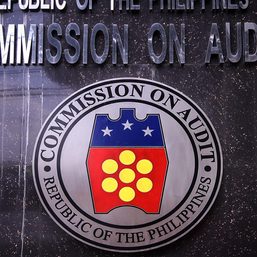

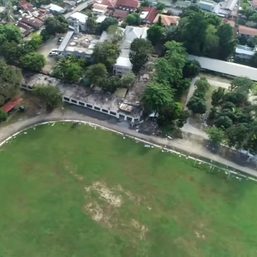

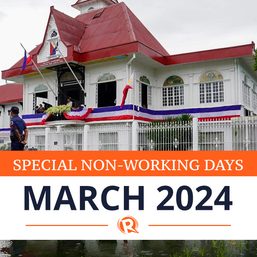


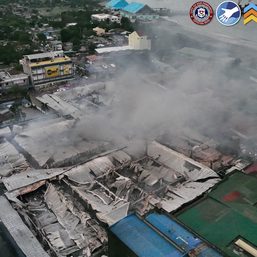

![[VANTAGE POINT] Opposition to port system project mounts: Will Marcos take heed?](https://www.rappler.com/tachyon/2023/07/TL-tempest-port-redux-July-19-2023.jpg?resize=257%2C257&crop_strategy=attention)
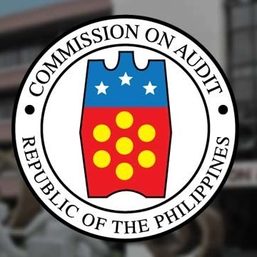
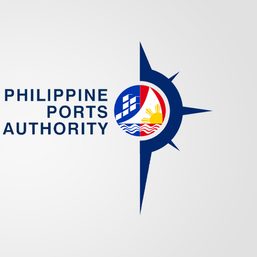
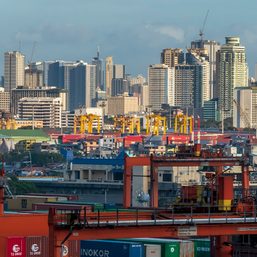

There are no comments yet. Add your comment to start the conversation.